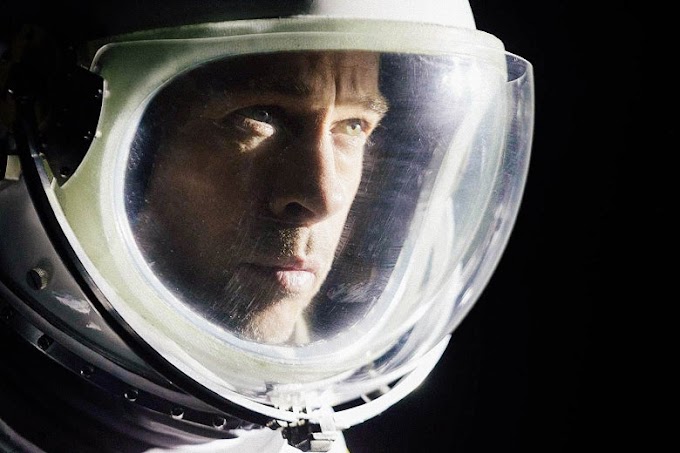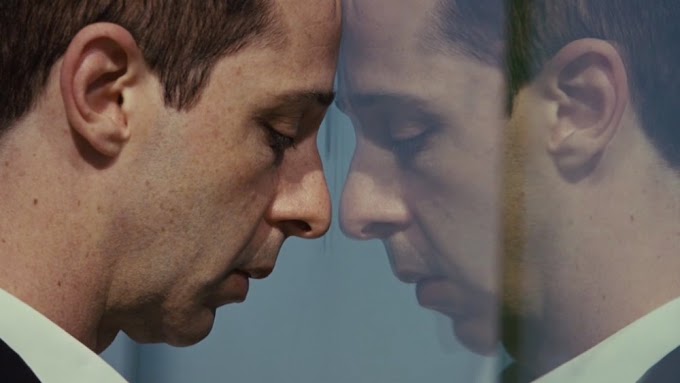The tale of an amoral media tycoon and his conniving offspring, set in a capitalistic world where loyalty means nothing and empathy is viewed as weakness, Succession is a story that audiences shouldn’t want to relate to. And yet here I am – a Bernie Sanders’ mittens-loving socialist – relating.
As HBO takes a mid-Pandemic breather between its second and third seasons and I mourn the loss of my new favourite show, it’s time I asked myself how I’ve managed to get quite so emotionally involved with this family of power-hungry billionaires.
While in the real world we’ve got the Fox News empire and the Murdoch family, in Succession we’ve got Waystar Royco and the Roys. Much like the Murdochs, the Roy family are the boardroom-dominating, suit-wearing scumbags of the new world who leverage power to gain ever more power, ad infinitum. And while you might be willing our TV family to come up against a do-gooding Robin Hood character or whistle-blowing reporter type, Succession is void of a moral hero to get behind. But, and it’s a big but, Succession is certainly not void of goodness, because somewhere deep inside this anti-morality tale of exponential assholery, there is a heart.
Looking into this fictionalised version of America’s most hateable family, we find our heart and unlikely hero – coked up and trembling much of the time, but arguably the series’ most backable character – eldest son Kendall Roy. A character who – despite his nepotistic weaselling into the family empire and plot to rip his own father from power – we find ourselves inextricably sympathising with. A man too inept to be feared and much too damaged to be hated, Kendall turns us all from cold spectators to concerned friends in the space of just two seasons. But how?
Rotten heirs
“I am surrounded by snakes and fucking morons” is how media tycoon and world’s worst father Logan Roy sees his situation, and he’s not far wrong, judging by the fact that during the series his eldest son Kendall tries to sell the company out from under him, daughter “Shiv” runs a leftist political campaign aimed at quashing him, and youngest son Roman does nothing but run insults and mock the entire enterprise. All of this petulance is not without motive however as we realise early on that Logan Roy is a narcissistic despot clinging to power, convinced that none of his children are capable of taking over his operation. Unperturbed by a close call with death, Logan Roy remains as chair of Waystar Royco despite protestations, malevolently set on seeing his children ruin themselves in the effort to gain his approval and succeed the title of CEO.“You are a fucking nobody,” Logan says on one occasion with a snarl, pointing a puffy, rheumatoid finger in Kendall’s direction. This is just one of multiple moments when we see exactly how Logan views his own children, as failures in business; as rotten heirs. Amidst this toxic climate, Kendall’s attempts at overthrowing his father then, become a way to restore some humanity into the enterprise, even if it means fucking over his own family to get there. It may also be one of the only ways for Kendall to earn his father’s respect. It is with sadness then that, in line with his father’s judgements, Kendall’s plans to oust his dad as CEO never quite come to fruition, hindered by both a poor lack of business judgement and a worsening coke addiction.
Raised as a Roy
On the face of it, Kendall is up there with the worst of them. Raised as a billionaire son with all the worldly possessions he could ever want, given a high-flying position that he absolutely has not earned, and still he roams each scene searching for more. The longer we train our eyes on Kendall however, the better we see the cracks of vulnerability form on his pallid mask of false bravado, played by the masterful Jeremy Strong. Each episode earns us new insight into his long list of character flaws, but rather than hating or mocking him, our hearts instead commence to bleed.Kendall is a man who has spent his whole privileged life being ignored and derided by his father, rejected by his mother and, as such, unable to love or be loved to any meaningful degree. On the surface, his descent into substance abuse after his divorce is pure self-indulgence, but, with a dusting of empathy, viewers can see it as a cry for help; a coping mechanism for the deep loneliness and worthlessness he feels (the latter very much a feeling shared by brother Roman who gets off on being sexually humiliated).
Nor is this feeling of worthlessness helped by the cascade of insults thrown about at every boardroom and family meeting held. “You’re wet, you’re intellectually insecure, you’re not emotionally strong enough and you have a diction issue”, this a fine example of Kendall’s interactions with his sister, Shiv. The brash humour and lack of compassion necessary to survive in such a cold business environment is equal parts hilarious and heart-rending, and we the audience, like Kendall, are forced to suck it up and laugh despite the anxiety it will later give us.
A heart-shaped void
As long as we can continue laughing along and remain devoid of emotional investment, Kendall’s failures and humiliations are easy enough to take. Hell, we might even still hate his family enough to relish them. Until, that is, we hit a turning point at the end of series one, when a drug-addled Kendall is involved in – and ostensibly causes – a tragic accident. This is the point of no return when, delving into a season two binge, we become tied in complicity, knowing what everyone else does not. It’s here also that we develop the urge to justify Kendall’s recklessness. It wasn’t his fault, we think to ourselves, although it very much was. And while we ought to view Kendall’s ensuing cover-up attempts with outright contempt, instead we find ourselves feeling deeply sorry for the guy.For just a moment we are led to believe Kendall will free himself from his father’s clutches, become his own person and perhaps CEO, but creator Jesse Armstrong keeps us at arm’s reach of gratification. Instead we’re given the monstrous hand of Logan Roy which reaches down to pull Kendall out of the fire, and in doing so sets up a whole new dimension of fealty to the throne. Season two sees us through this new dimension, Kendall being puppeted by his father and hating himself all the more because of it. The culmination being the question of whether Kendall will roll over and play scapegoat or find the killer instinct his father’s been looking for all along. And, all of a sudden, even my man Bernie is hoping for some metaphorical bloodshed.
If you recognise that all expressions of love in Succession are inverse, it’s easier to gain clarity. In the absence of heart we feel around for the shape, understanding better the importance of love in a world without any. In the same way, other strong feelings show themselves in the void; we understand joy as we grasp at sorrow, freedom through obligation, good through evil. And so it’s from a place of goodness and love that I say; I have never wanted to destroy an elderly stroke victim quite as much as I want to with Logan Roy. And honestly, if you had any heart, you would too.








0 Comments